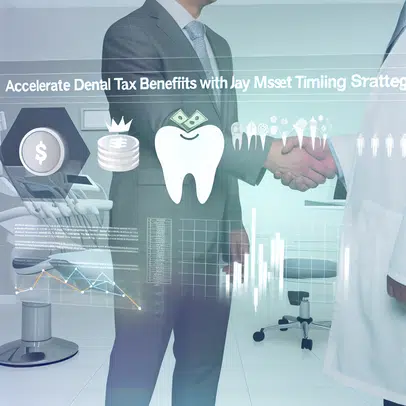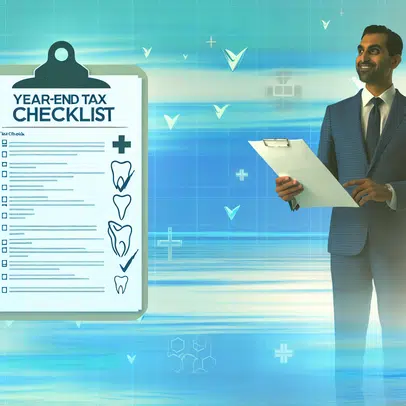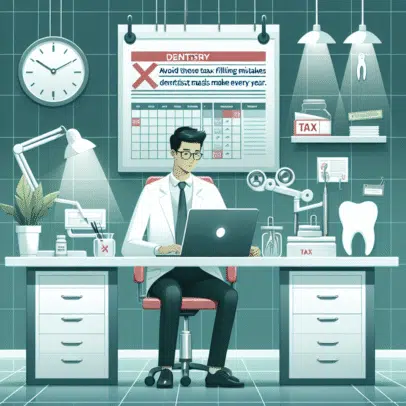Maximize Tax Benefits Using Vehicles in Your Dental Practice
Did you know your car could save your dental practice money on taxes? If you’re a dentist or run a dental office, vehicles aren’t just for getting to and from work. With the right approach, they can turn into powerful tax-saving tools. Let’s break it down together in simple terms.
Why Vehicles Matter in Your Dental Practice
Whether you’re traveling to dental conferences, running errands for your office, or visiting partner clinics, using a vehicle as part of your business can come with some helpful tax deductions. But you need to do it right to stay on the IRS’s good side and maximize your tax benefits.
Should You Use a Personal or Business Vehicle?
This is one of the first questions you’ll face. It might be tempting to just use your personal car and track business miles—and that’s one option. But buying or leasing a vehicle in your dental practice’s name can open the door to even bigger deductions.
Think of it like this: If you buy a car as a business asset, you can treat it like equipment in your office. That means deductions on depreciation, insurance, repairs, and even gas.
Top Ways to Claim Vehicle Tax Deductions
Here are two primary methods dentists use to get tax deductions on vehicles:
- Standard mileage deduction: You track the miles you drive for business, and multiply by the IRS mileage rate (for example, 65.5 cents per mile as of 2023).
- Actual expense method: You keep receipts for things like gas, oil changes, maintenance, insurance, and lease payments. Then deduct the business-use percentage of those total expenses.
If you use your car 80% for business and 20% for personal errands, that means 80% of your actual expenses can be tax-deductible!
Want a Bigger Write-Off? Consider a Heavy Vehicle
Here’s a common trick used by small business owners: Invest in a vehicle that weighs over 6,000 pounds, like a large SUV or pickup truck. Why? Because the IRS allows for a bigger upfront write-off using Section 179 depreciation. In simple words, it lets you deduct a large part (sometimes all) of the vehicle’s price in the first year.
Picture this: If you buy a $70,000 SUV for your dental practice and use it mostly for business, you could potentially write off up to $70,000 in one tax year.
Don’t Forget: Documentation is Key
No matter which method you choose, you need good records. That means:
- Keeping a mileage log (digital apps make it easy)
- Saving receipts for gas, oil changes, repairs, and insurance
- Recording your business vs. personal use as a percentage
If the IRS ever questions your deductions, clear records will back you up.
Talk to a Tax Pro Before You Dive In
Everyone’s situation is different. Leasing vs. buying, what kind of vehicle you choose, and how much you use it for business all matter. A CPA or tax expert familiar with dental practices can help you make the smartest move.
Wrap-Up: Turn Your Wheels Into Tax Wins
Your vehicle doesn’t just get you from point A to B—it can help drive down your tax bill too. By using your car strategically and keeping good records, dental professionals across the U.S. can save thousands each year.
So the next time you’re driving to a dental supply store or a CE seminar, remember: You might just be saving money while you’re at it.




